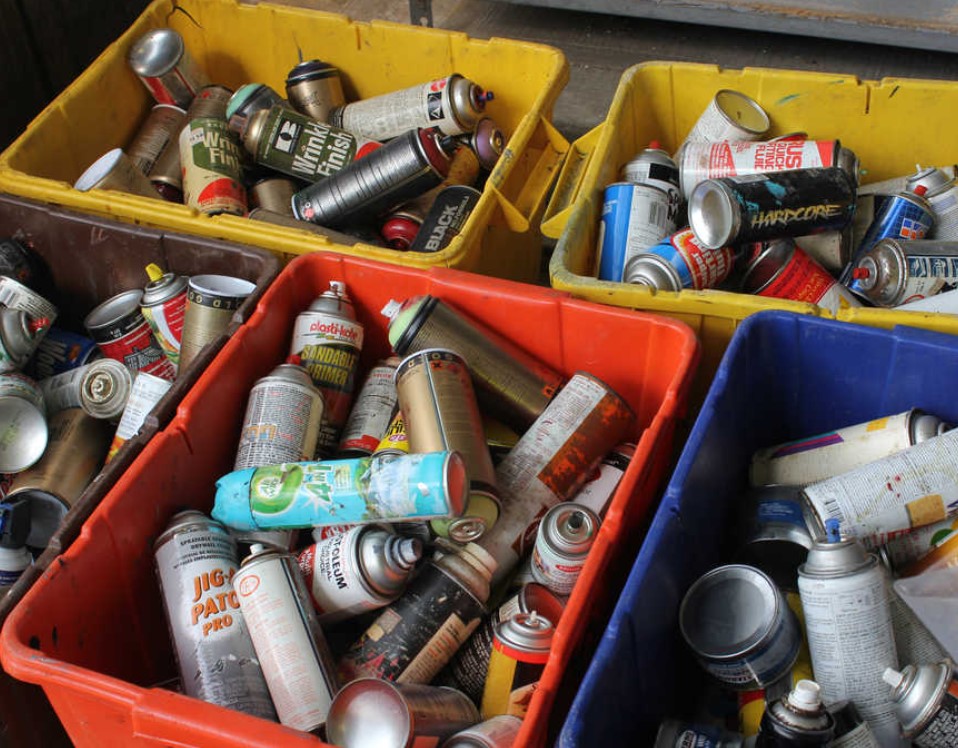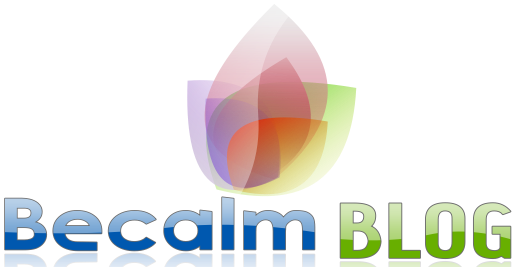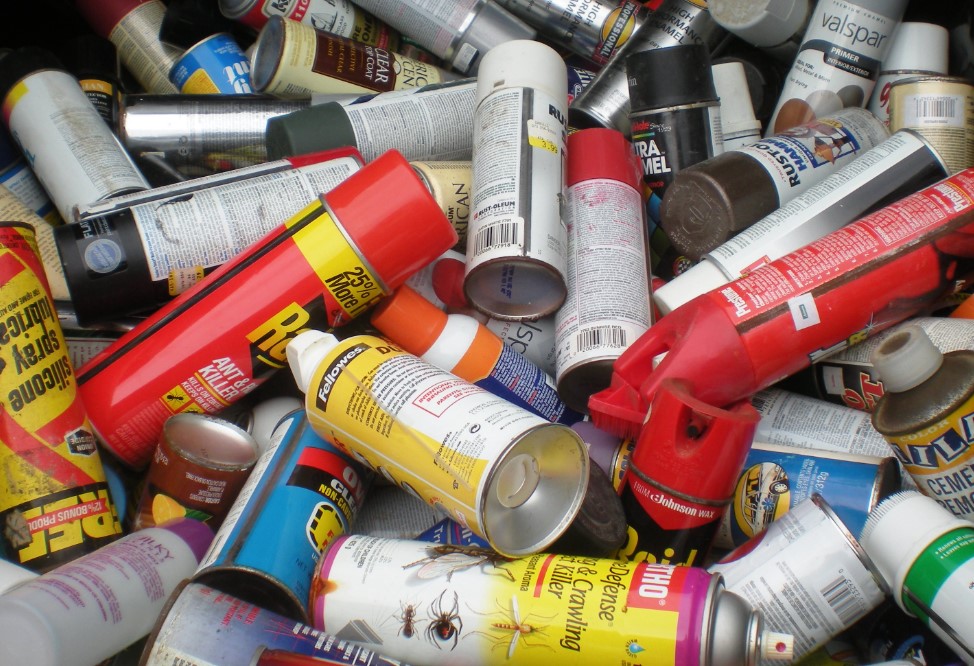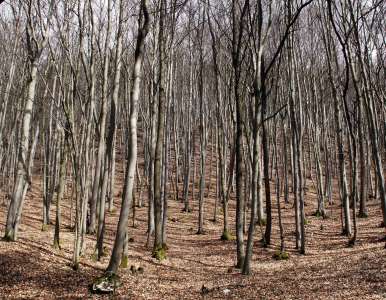In the past, chemical waste was imported and exported from Berlin without proper regulation. The Ministry of Interior introduced a third amendment to the federal waste law, which restricted the import and export of toxic waste and required written confirmation from the dumpsite. East German officials had no problem with this amendment, but the KoKo authorities argued that this was too onerous for their people.
‘Risk’ category in West German legislation
In 1988, two toxic waste scandals between Turkey and West Germany revealed a new regime. The first scandal exposed misleading packaging of hazardous waste exported from Germany, fueling opposition to the toxic waste regime and ultimately leading to Turkey banning the import of hazardous waste.
source: Dämmwolle Entsorgen Berlin
Schonberg dumpsite
The dumping of toxic and municipal waste at Schonberg began in the 1980s, resulting in immediate protests on both sides of the Berlin-Berlin border. It was part of a wider outcry against waste incineration facilities and landfills in West Germany. Reports in the West German newspaper Der Spiegel exposed the inappropriate and unsafe handling of toxic waste. Among the waste that was disposed of in the dumpsite was the toxic sodium cyanide.
Hazards of burning chemical waste
There are many dangers associated with the burning of chemical waste, including the presence of toxic chemicals and carcinogens. Among these are lead, mercury, sulfur, arsenic, and cyanide. These hazardous wastes are often generated in industries, such as mines. In Zamfara state, over 400 children were exposed to lead in 2013.

Alternative dumping grounds
Berlin has several alternative dumping grounds for chemical waste. One of these dumping grounds is located near the Schonberg border of the German Democratic Republic. In a commentary in The Economist, West German ecologists discussed the controversial dumping practices of the Green Party. They pointed to oil barrels labeled as toxic waste at a site in Schonberg, which is on the border between the two German Democratic Republics.
NIMBY protests
NIMBY (Non-Infringement Movement for Better Neighborhoods) protests over chemical waste disposal in Berlin are becoming a popular form of environmental activism in Germany. These protests have a similar nature to NIMBY mobilizations elsewhere, but with a particular difference. These protests focus on key events in a
community that can draw attention to more complex issues. For example, the collapse of coniferous forests in Freiburg drew public attention to the dangers of coal-fired power plants. Furthermore, the disaster at Chernobyl turned German public opinion against nuclear power.
Problems with HHW collection
Since the 1980s, Schonberg has been receiving toxic and municipal waste. In 1982, this facility was hosting 400,000 tons of waste, and by 1985, it had doubled this number. In addition, by 1985, it was handling a total of 900,000 tons of waste. The facility also hosts waste from several Western European countries.
For more information: https://turbo-entsorgung.de/






